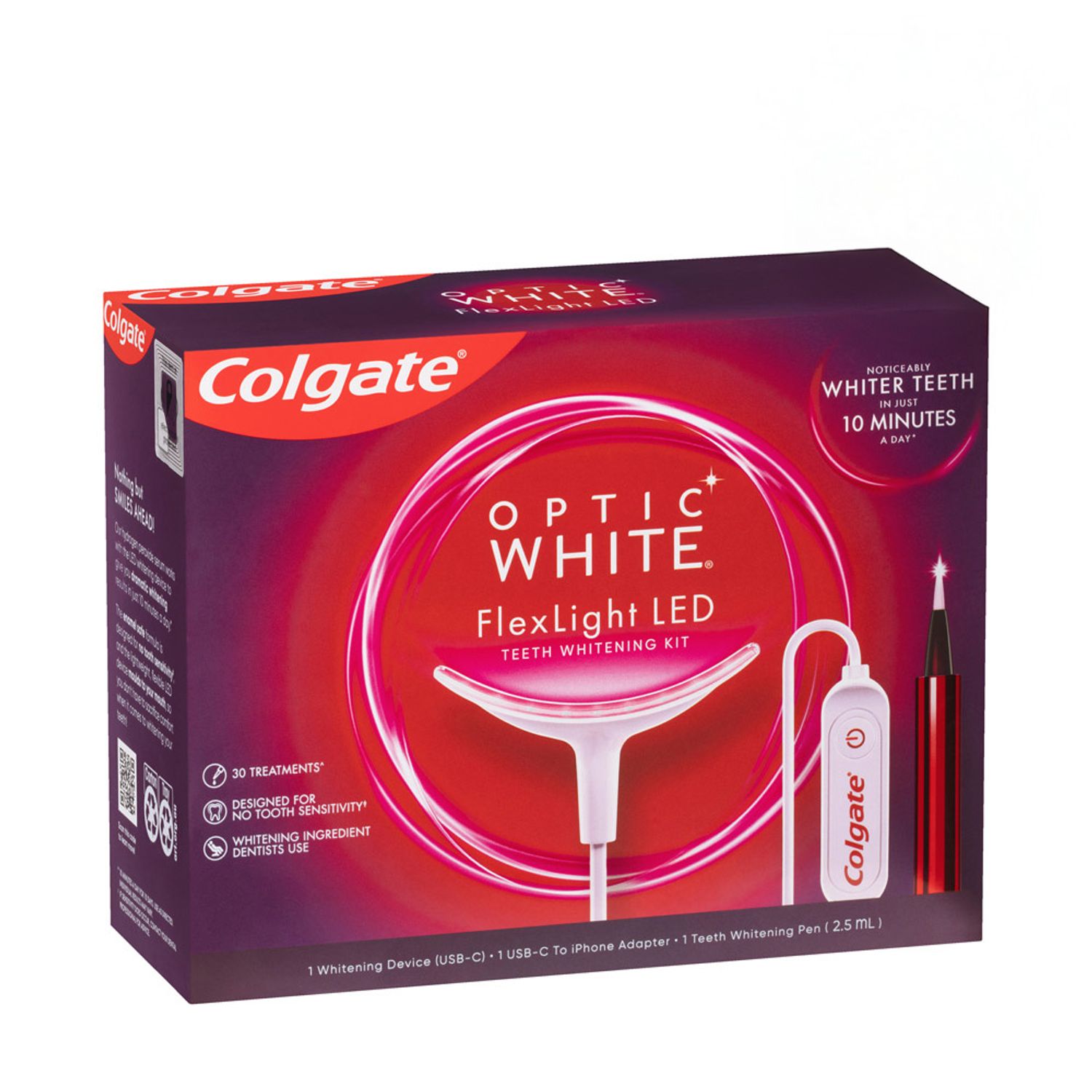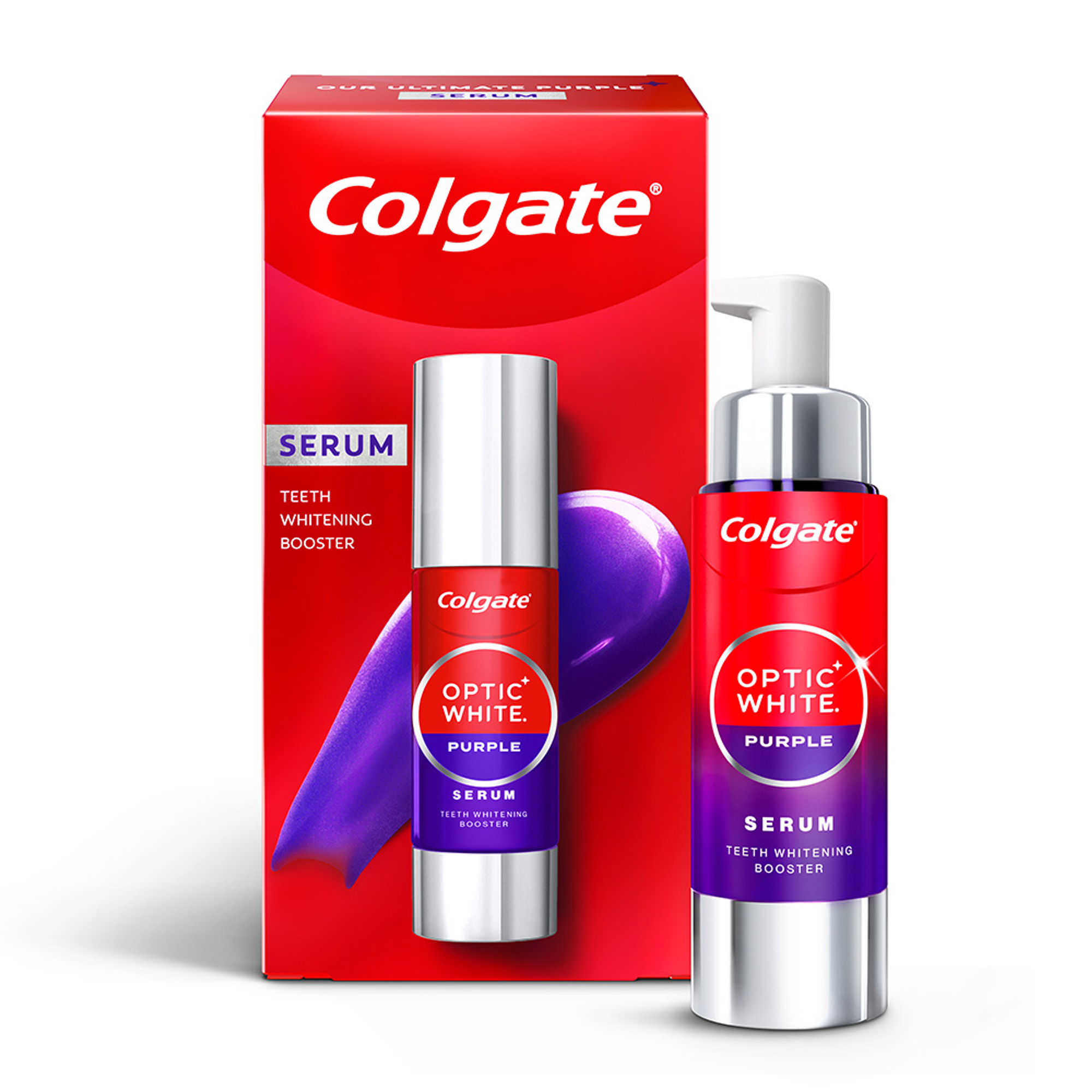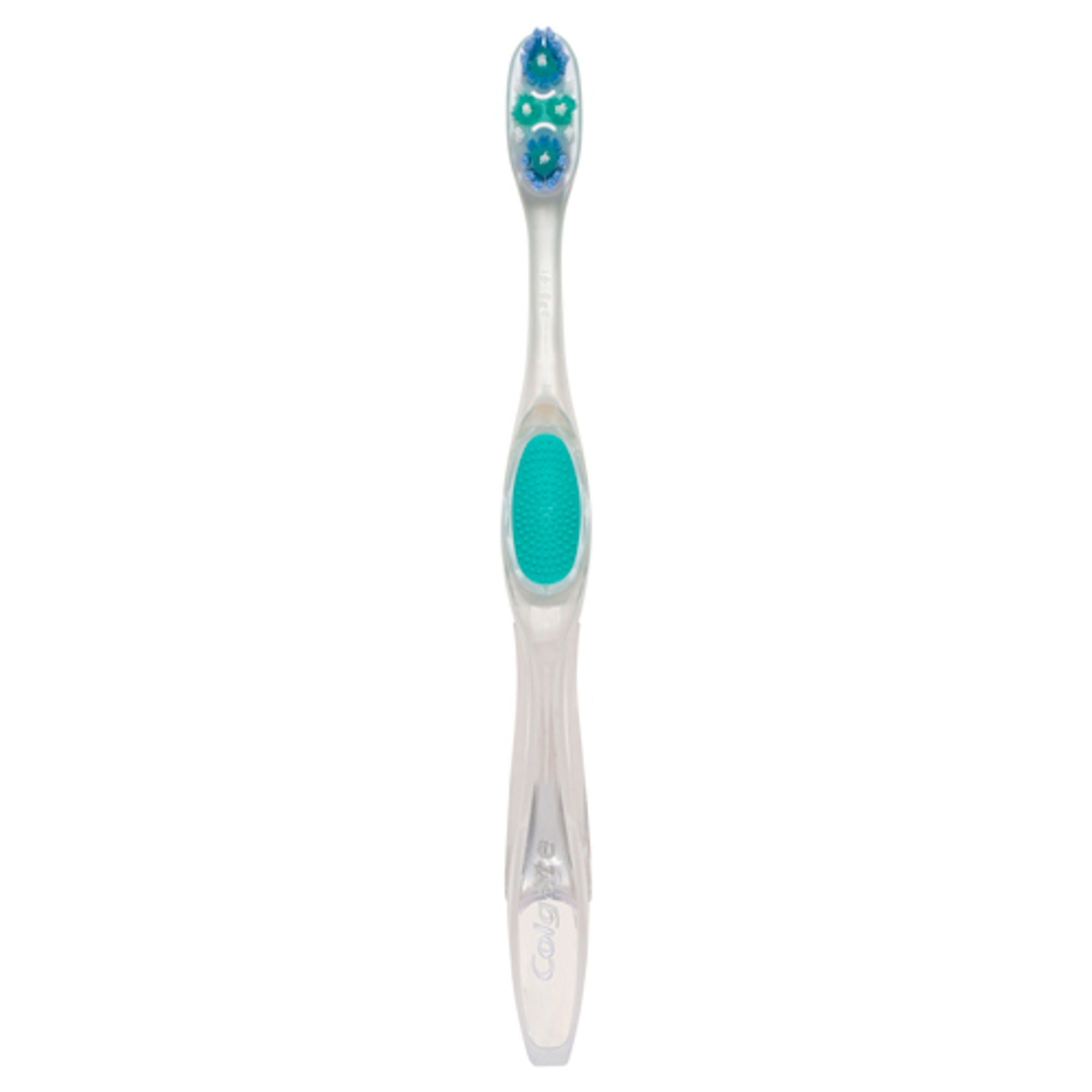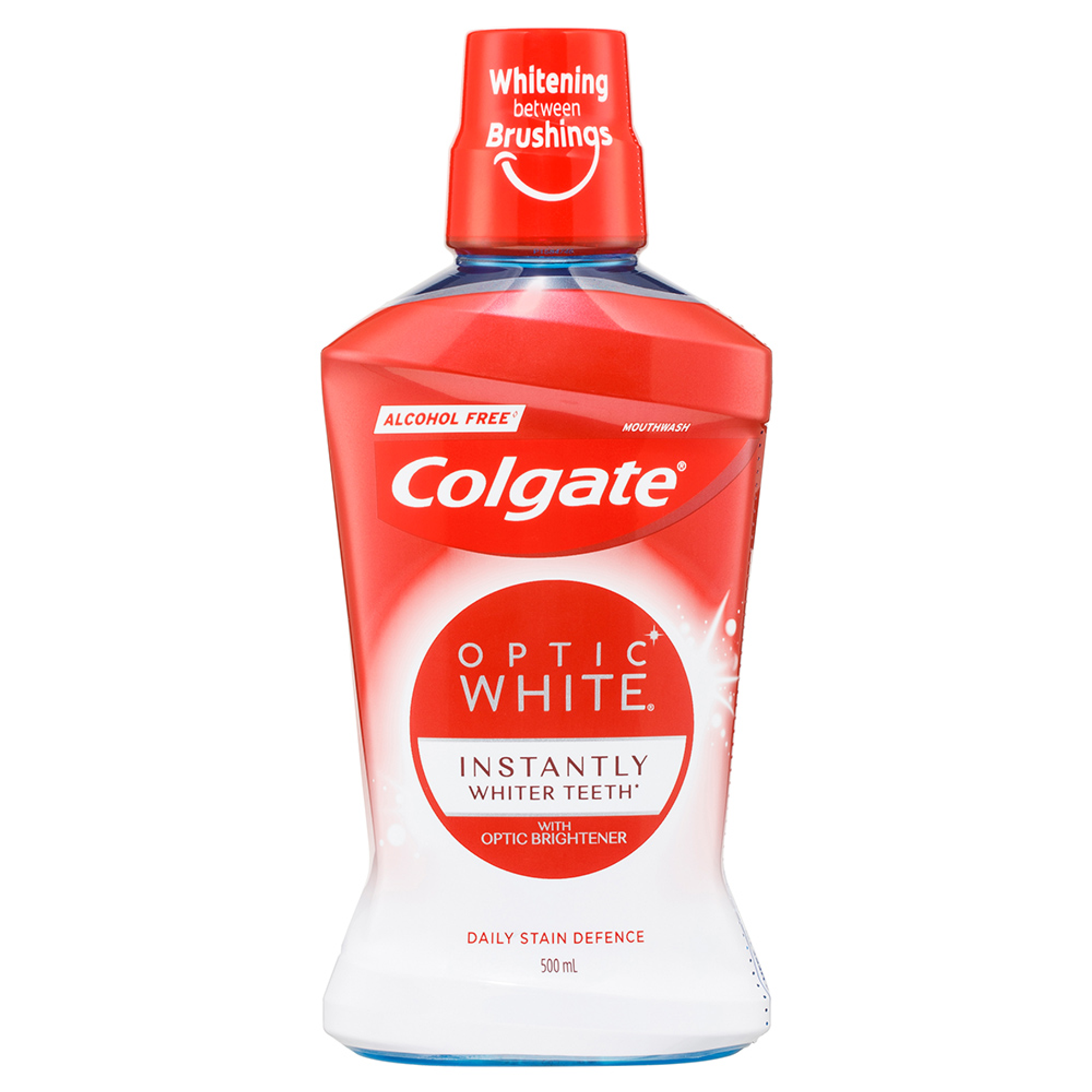Causes Of Tooth Discolouration
If your teeth have gone from dazzling to dull over the years, the ADA suggests a number of possible causes:
- Drinks like tea, coffee or red wine.
- Tobacco products containing nicotine and tar.
- Thinning enamel exposing the darker dentine underneath.
- Trauma, such as knocking the tooth.
How At-Home Teeth Whitening Works
Home teeth whitening works by administering bleaching agents to your teeth via gels, pastes, pens or strips. The bleaching agent is usually hydrogen peroxide or carbamide peroxide, which penetrates the tooth enamel, breaks down the molecules that cause discolouration, and lightens the enamel and dentine.
What Results Can You Expect From At-Home Teeth Whitening Products?
The results you achieve will depend on the cause and severity of your discolouration and the concentration of bleaching agent in the teeth whitening product.
It’s the Australian Dental Association’s position that whitening products sold for home use must contain less than 3% hydrogen peroxide and 9% carbamide peroxide. This is the very low end of the scale, so it’s more suitable for mild staining and discolouration.
If your discolouration is more pronounced, then your dentist can provide you with a stronger teeth whitening kit to use at home. Concentrations of products dispensed by dental practitioners can exceed 6% hydrogen peroxide and 18% carbamide peroxide (6% of hydrogen peroxide is equivalent to 18% carbamide).
For the whitest, brightest results, your dentist can perform an in-office whitening procedure using up to 35% peroxide. NOTE: Dental practitioners must have appropriate training and qualifications to perform these procedures, and they must be administered in the dentist’s office.
Are There Any Side Effects From At-Home Whitening?
If used correctly, the side effects from at-home teeth whitening are minimal. You may notice some sensitivity afterwards, particularly if you’ve used a stronger formulation, but your dentist can advise you on how to reduce this.
Important Considerations When Using Teeth Whitening Products
If you choose to use an at-home whitening product, always get it from a reputable source to be sure of the content and safety. The ADA warns:
“…some DIY teeth whitening product manufacturers are suggesting that their products are ‘all-natural’ and safer alternatives to peroxide formulations, when in fact their products often contain chemicals like sodium chlorite or sodium perborate. Furthermore, it seems that some consumer websites and online retail marketplaces that ship to Australian consumers are selling teeth whitening products containing concentrations of whitening agents that exceed legal limits in Australia.” Regardless of where you buy your teeth whitening product, follow the instructions carefully. The ADA raises concerns that many people seem to be using whitening products far more frequently and for longer than intended, even those obtained from a dentist for home use. This can have a detrimental effect on your oral health.
If you choose to have a professional teeth whitening treatment, always go to an appropriately qualified dental practitioner. Despite the availability of teeth whitening treatments everywhere from salons to shopping centre kiosks, only a dentist can assess whether advanced bleaching treatments are safe for you as an individual.
As a general rule, it’s best to consult your dentist before undergoing any whitening treatments, even DIY ones. Your dentist can work with you to ensure you get the results you’re looking for without compromising your safety or your smile.
This article is intended to promote understanding of and knowledge about general oral health topics. It is not intended to be a substitute for professional advice, diagnosis or treatment. Always seek the advice of your dentist or other qualified healthcare provider with any questions you may have regarding a medical condition or treatment.














